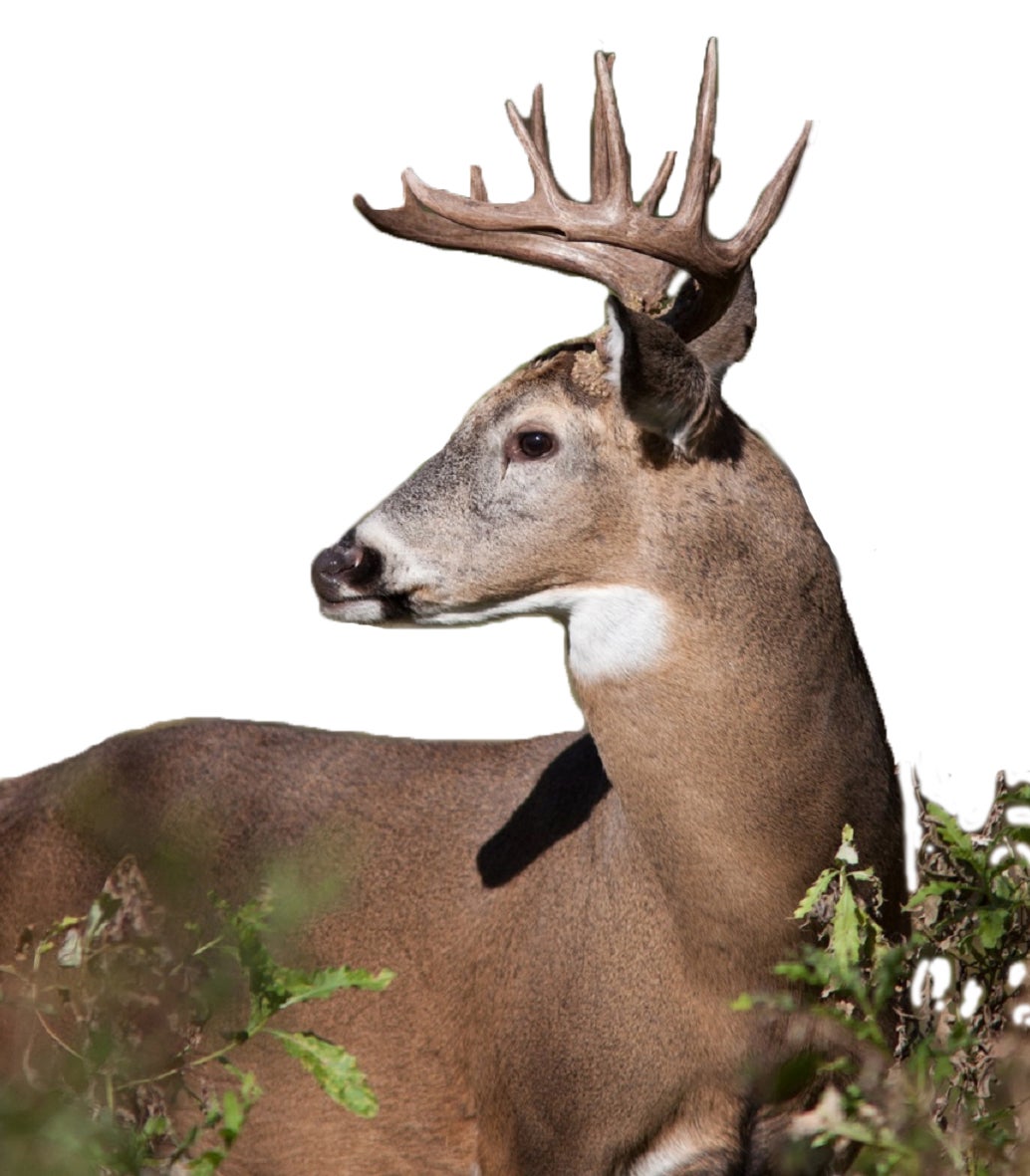LDWF confirms first case of Chronic Wasting Disease in Tensas Parish, Louisiana
Published 1:27 pm Tuesday, February 8, 2022
|
Getting your Trinity Audio player ready...
|
BATON ROUGE – Louisiana Department of Wildlife and Fisheries Deer Program Manager Johnathan Bordelon said an adult buck found in Tensas Parish close to Issaquena County and Warren County was confirmed as a positive for CWD. It is the first CWD case detected in Louisiana.
LDWF responded by imposing a feeding and carcass export ban on deer in Tensas, Franklin and Madison Parishes. The ban went into effect Monday and will remain in effect for the maximum period allowed under the administrative procedure act or it is rescinded or modified by LDWF secretary Jack Montoucet.
“This is the best option that we have at this time. We will provide updates on our response in the coming months,” Montoucet said.
The order bans all supplemental feeding which includes mineral or salt licks in Madison, Franklin and Tensas Parishes. A ban on feeding reduces the potential for spread of CWD in Louisiana. Approved bait not normally ingested by deer but used for feral hog trapping will be allowed and backyard bird feeders are exempt from the ban.
Carcasses of deer or parts of a deer carcass originating within Tensas, Franklin or Madison Parishes will be prohibited. Only meat that is cut and wrapped, meat that has been boned out and quarters or other portions of meat with no part of the spine or head may be exported from those parishes. Additionally, Antlers, Clean skull plates with antlers, cleaned skulls without tissue attached, capes, tanned hides, finished taxidermy mounts and cleaned deer teeth may be exported.
Since CWD was first detected in Issaquena County in 2018, hunters in the Madison, Franklin and Tensas Parish area have submitted 1,200 samples for CWD testing. Tensas Parish hunters submitted 500 of those samples.
Hunters desiring to have their harvested deer tested for CWD or notice any abnormal behavior in deer can contact local LDWF Field Offices to have their deer tested. Testing is performed on the brainstem and lymph nodes of the head. The head and 5-inches or more of the neck can be removed and refrigerated for submission to LDWF. The skull plate and antlers can be removed prior to testing if desired. The LDWF regional office contact information and locations are as follows:
- Hammond Office 985-543-4777 42371 Phyllis Ann Drive Hammond;
- Lafayette Office 337-262-2080 200 Dulles Drive Lafayette;
- Lake Charles Office 337-491-2575 1213 North Lakeshore Drive, Lake Charles;
- Minden Office 318-371-3050 9961 Hwy 80, Minden;
- Monroe Office 318-343-4044 368 Century Link Dr, Monroe;
- Pineville Office 318-487-5885 765 Maryhill Rd., Pineville.
Detailed instructions and more information can be found at https://www.wlf.louisiana.gov/page/cwd-testing.
Mississippi continues CWD testing
As of February 8, 2022, Mississippi hunters have submitted 5,893 samples for Chronic Wasting Disease this season. With Southeast Mississippi’s deer season still open, samples will continue to come in along with any road-killed deer.
Adams County hunters have submitted 35 samples, Wilkinson County submitted 62 samples, Jefferson County submitted 65 samples, Franklin County submitted 42 samples and Claiborne County submitted 92 samples.
MDWFP awaits the confirmation of a second suspect positive deer found in Warren County in January.
What is CWD?
Chronic Wasting Disease is a disease in White-Tailed Deer, Elk, and Mule Deer. CWD is caused by a contagious prion. For some deer, it could take a year or more to develop symptoms. Those symptoms are drastic weight loss (wasting), stumbling, listlessness, and other neurologic symptoms. Infected animals shed prions through saliva, feces, blood, and urine.
Other deer can become infected through direct contact with an infected animal and indirect contact from an infected environment. Once the disease occurs in an area, evidence demonstrates eradication is unlikely.
At this time there is no evidence that suggests CWD poses any risk to humans. However, hunters are advised to not consume any meat from a CWD positive deer.






